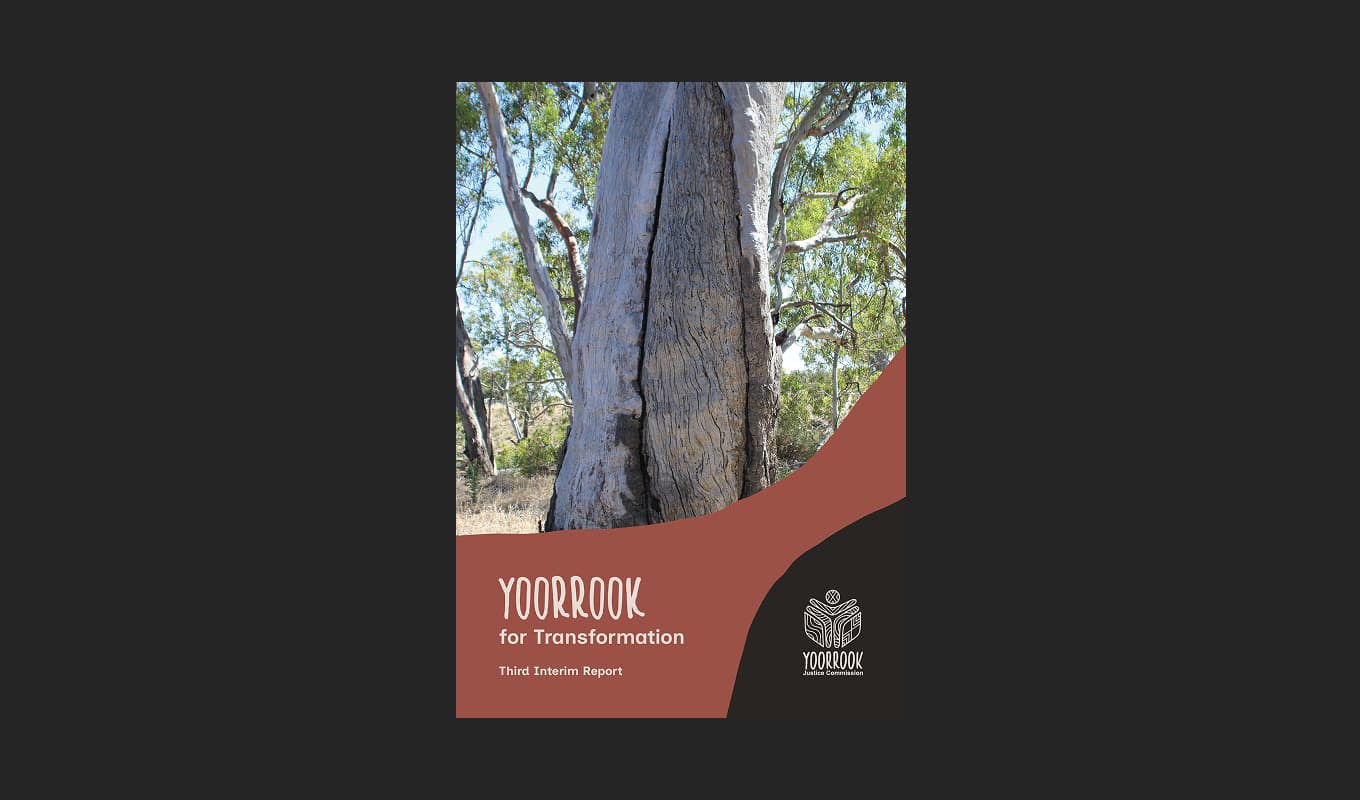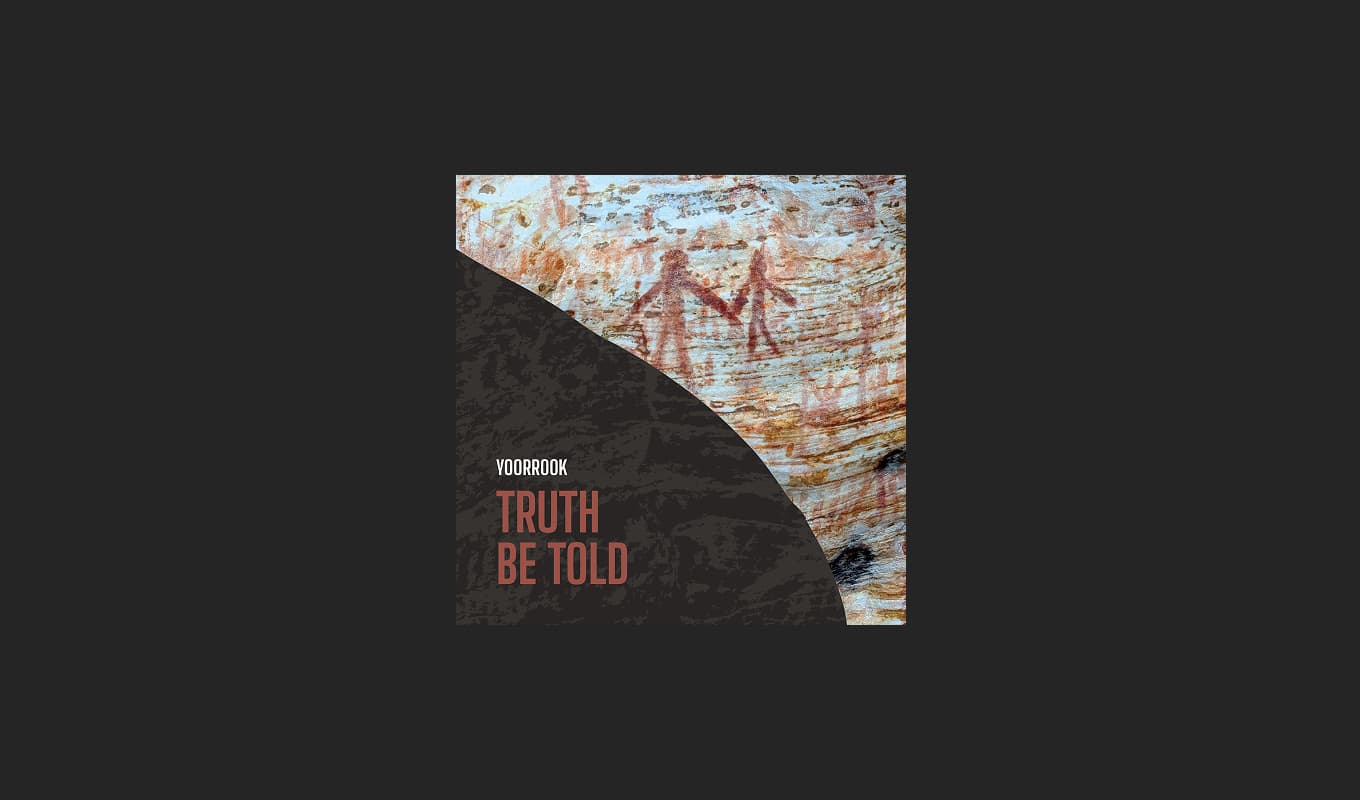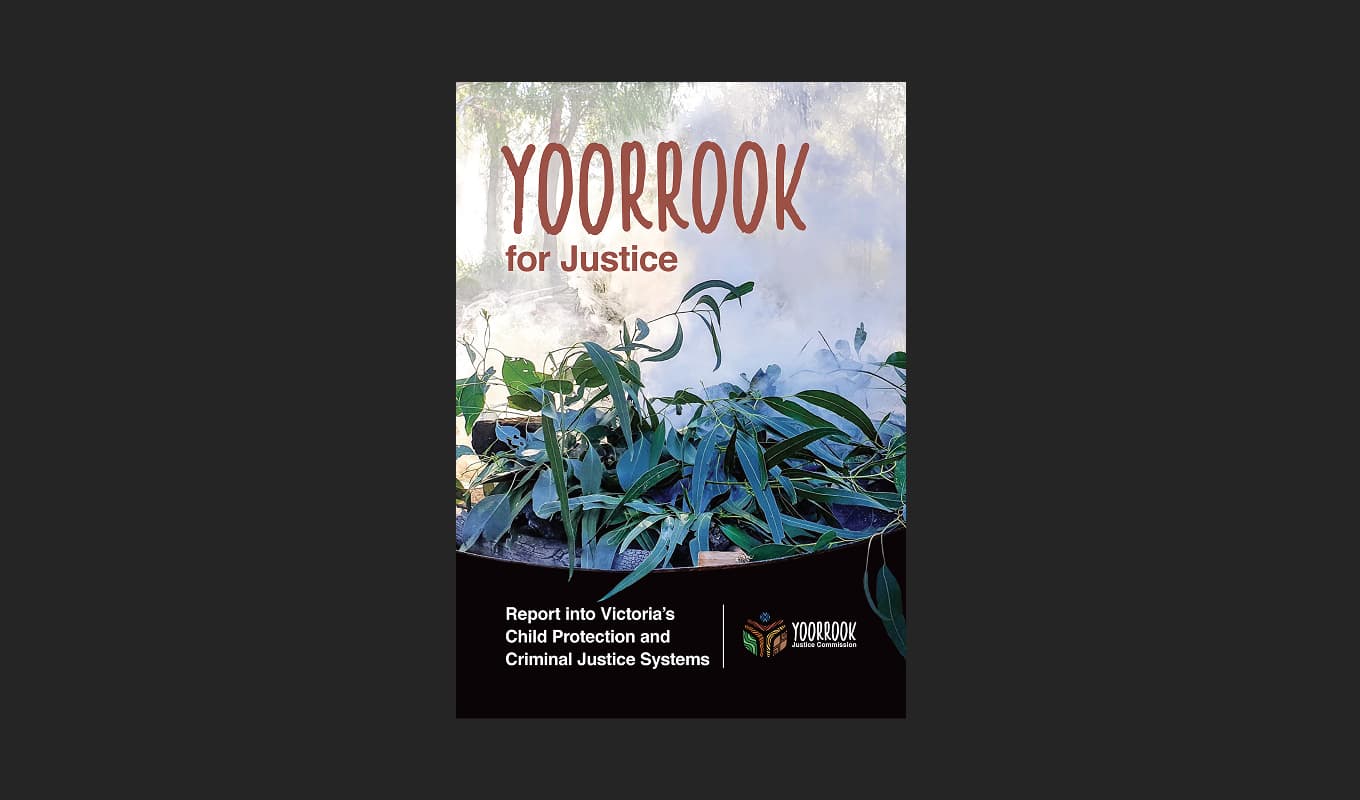Donna Benjamin
Donna Benjamin discusses how she has learned much about the colonisation of Victoria and its impacts on First Peoples through the Yoorrook Justice Commission. She acknowledges the loss of knowledge and culture but celebrates the resilience of what has survived. She found her education on First Nations history lacking but improved over time. She suggests reflecting on past lessons, rethinking resource distribution, and embedding First Nations knowledge in various aspects of life to promote understanding and respect.
Submission Transcription
Thanks to the Yoorrook Justice Commission’s work over the past couple of years, I know a lot more than I used to, and also appreciate we still have much to learn and acknowledge. I grieve for the knowledge, culture, and ways of living in this place that humanity has lost through colonisation, but I wholeheartedly celebrate the resilience and richness of what’s survived, and is thriving now. I used to take pride in understanding Melbourne was the only place that had a treaty. But I’ve since learned it was no such thing, and nothing to cheer, that Batman was not the enlightened setller he’d been painted to be. I’m glad we have addressed that in the name change of the federal electorate to Cooper.
No, I think it was seriously lacking. But has improved dramatically since I was at school. At La Trobe University I had the privilege to work with Tony Barta to learn more, and learn differently.
I’m not sure.
Perhaps reflecting on what we were taught in school, and re-assessing those lessons with curiosity and compassion? Perhaps rethinking how we distribute wealth from the land, water, and minerals in future? Continuing to embed first nations knowledge in the Victorian curriculum, but perhaps there are elements we could bring to other parts of life. What could the mainstream health system learn from the VACCHO? In a world of mis and dis information, ancient wisdom carried through oral tradition could be just what we need to counter division.
Perhaps reflecting on what we were taught in school, and re-assessing those lessons with curiosity and compassion? Perhaps rethinking how we distribute wealth from the land, water, and minerals in future? Continuing to embed first nations knowledge in the Victorian curriculum, but perhaps there are elements we could bring to other parts of life. What could the mainstream health system learn from the VACCHO? In a world of mis and dis information, ancient wisdom carried through oral tradition could be just what we need to counter division.
Truth-teller consent
Contact us about this submission
Contact us if you’d like to discuss this submission.
Similar submissions
Explore submissions from other witnesses that discuss similar topics.
Viki Sinclair (Fowler)
Viki Sinclair is a direct descendant of one of the original settlers of Gippsland, Colin McLaren. In this submission, she tells her personal story of... more
Anonymous 1481
The author has a broad understanding of colonisation’s impact on First Peoples but feels Victoria's education system was extremely limited in teaching... more
Denise Cusack Sister of Our Lady of Sion
Denise Cusack, Sister of Our Lady of Sion, found attending some of the Yoorrook Justice Commission public hearings to be a deeply moving experience,... more
Melissa Turnbull
Melissa Turnbull describes the brutal colonisation of Victoria, including undocumented massacres and displacement of First Peoples. Her education on F... more
Reports and Recommendations
Read the official reports and recommendations of the Yoorrook Justice Commission.

Yoorrook for Transformation
Third Interim Report: A five-volume comprehensive reform report presenting evidence and findings on systemic injustices, and specific recommendations for meaningful change to transform the future.

Truth Be Told
An official public record that documents First Peoples experiences since colonisation, preserves crucial testimonies for future generations and creates an enduring resource for education and understanding.

Recommendations for change
Yoorrook Justice Commission’s recommendations for truth-telling, justice, and systemic reform in Victoria.
